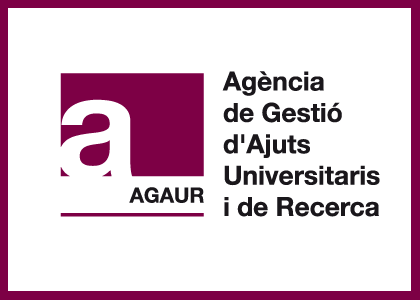In the nineteenth century, during the transition from sail to steam, port cities were nuclei of imperial colonialism and capitalist configurations, linked by maritime trade and traffic to the processes of globalisation and the international division of labour. In these ports, the arrival of ships represented an economic, cultural, and political event. At the same time, supplying these ships and distributing the cargo created networks of internal circulations based on local, regional, and fluvial trade and traffic. As such, the news of the arrival of ships from distant ports and the concatenation of port movements which this implied, received a place of privilege in the local press of these port cities.
The principal transformations in the transition from sail to steam occurred between the 1850s and 1910s: for this reason, we have focused our research on this period. The geographic areas cover the ports of Barcelona, Marseille, Havana, and Buenos Aires. These ports reflect a variety of profiles: a Spanish metropolis oriented to America; a French metropolis facing east; a Spanish American colony; and a former Spanish colony in the Americas. Each of these ports played a crucial, and different role in the international division of labour.
The project has two main objectives:
a) the creation of a team of some thirty digital humanists specialised in applying computational methods to explore maritime and economic history, and;
b) an open database of thousands of 19th century trade-related records ready to be used by other researchers and users.
This database should cover an approximated 1.6M ship entries over the six decades studied here (Barcelona 330.000, Buenos Aires 480.000, Marseille 540.000, Havana 242.000). This is an important, objectively measurable, and verifiable indicator to evaluate the overall success of this objective. We consider this realistically achievable through the proposed methodology linking IT experts with humanists, and explains the logic of this project, as the scope and scale of the information and variety of sources would otherwise be impossible.
Jordi Ibarz Gelabert (UB), Monica Borrell Cairol (UB), Ricardo Garcia Orallo (UB), Xavier Rubio Campillo (UB), Brendan Jacob von Briesen (UB), Haley Anne Schwartz (UB), Eduard Page (UB), Tania Gonzalez (UdG), Enric García (MMB), Olga López-Miguel (MMB), Inma González (MMB), Laura Caruso (UBA), Nicolás Quiroga (UBA), Juan Manuel Pérez (UBA), Agustín Nieto (UNMP), Silvana Ferreyra (UNMP), José Antonio Mateo (UNMP), Daniel Nicolás Rabino (UNMP), Guillermina Laitano (CONICET), Maximiliano Camarda (CONICET), Apostolos Delis (IMS-FORTH), Pavlos Fafalios (IMS-FORTH), Kalliopi Vasilaki (IMS-FORTH), Matteo Barbano (IMS-FORTH), Carlos Gradin (ACUMAR), Giovanni Sacchetto (ACUMAR), Pedro Luis Basulto Ramírez (UCI), Luis Augusto Arias Verdecia (UCI), Yanio Hernandez (UCI), Aurelio Collado (UCI), Roberto Soriano Sifontes (UCI), Nadia Pinedo (UAM), Miriam Galante (UAM), Josep Cañellas (GenCat) i David Domínguez (UPF).
Convocatòria: HORIZON-MSCA-2022-SE-01.
Entitat finançadora: Comissió Europea.
Programa: Horizon Europe. Pillar 1-Excellent Science. Marie Sklodowska-Curie Actions.
Codi oficial: 101129889.
Període d’execució: 2023-2027.
Finançament obtingut: 225.400 €
Organisme: Universitat de Barcelona.
Centre: Departament d'Història Contemporània.
Investigador principal: Jordi Ibarz.


